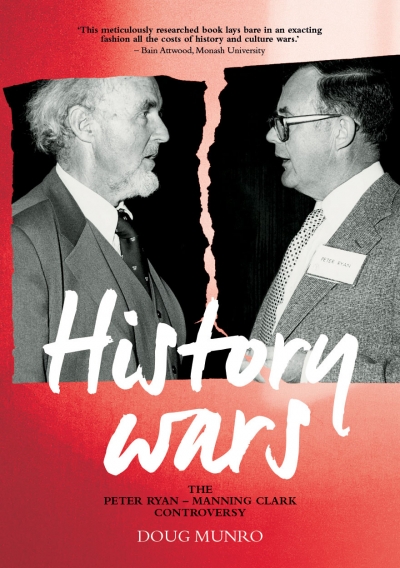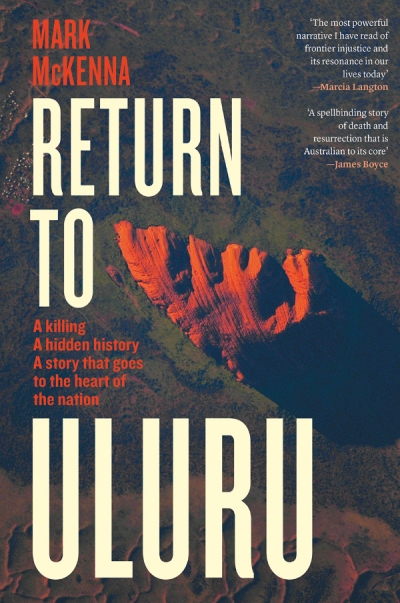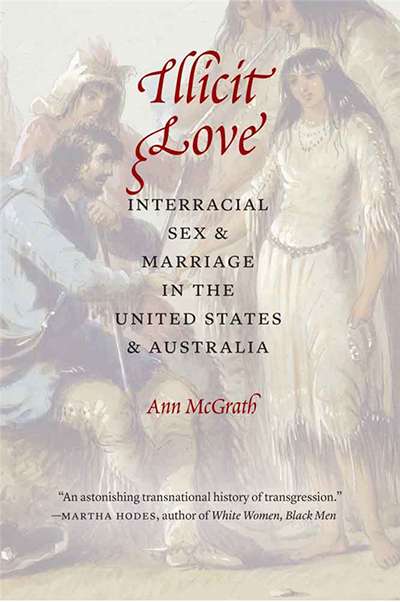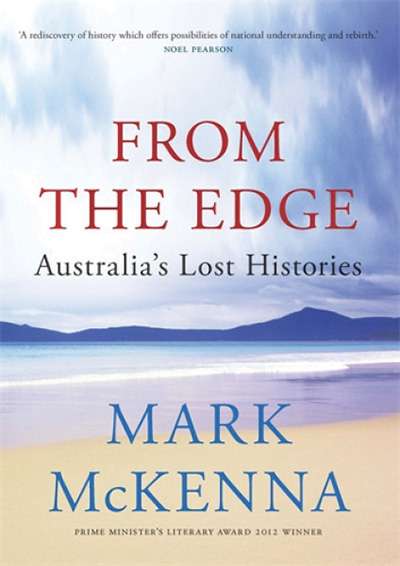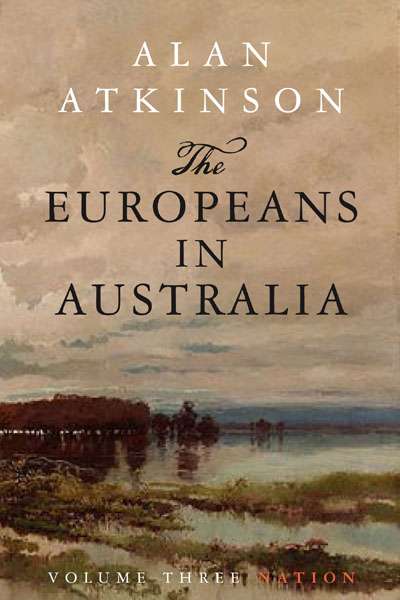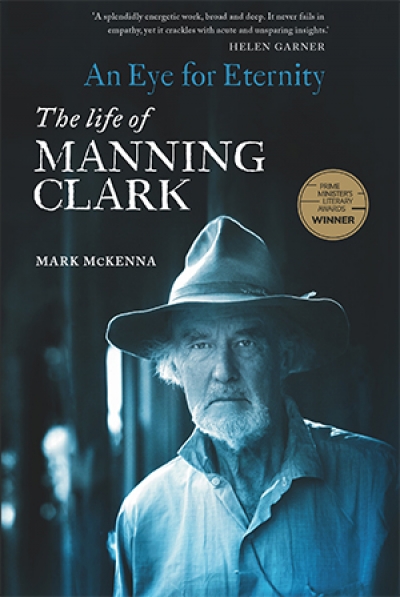Mark McKenna
History Wars: The Peter Ryan–Manning Clark controversy by Doug Munro
I’ve been fortunate to work with talented editors like Sally Heath (formerly with MUP and now with Thames & Hudson) and more recently with Chris Feik and Kirstie Innes-Will at Black Inc. I’d be lost without their close reading of my work and their suggestions for improvement. As Chris says, skilful editing helps to make any book the best version of itself.
... (read more)Return to Uluru: A killing, a hidden history, a story that goes to the heart of the nation by Mark McKenna
Illicit Love: Interracial sex and marriage in the United States and Australia by Ann McGrath
From the Edge: Australia’s lost histories by Mark McKenna
Originally published in German, Albrecht Dümling’s The Vanished Musicians: Jewish refugees in Australia (Peter Lang), a fascinating compendium of Jewish musicians who found refuge in Australia in the 1930s and 1940s, is now available in Australian Diana K. Weekes’s excellent translation ...
... (read more)Jennifer Maiden's The Fox Petition: New Poems (Giramondo) conjures foxes 'whose eyes were ghosts with pity' and foxes of language that transform the world's headlines
... (read more)Books of the Year is always one our most popular features. Find out what our 41 contributors liked most this year – and why.
... (read more)
